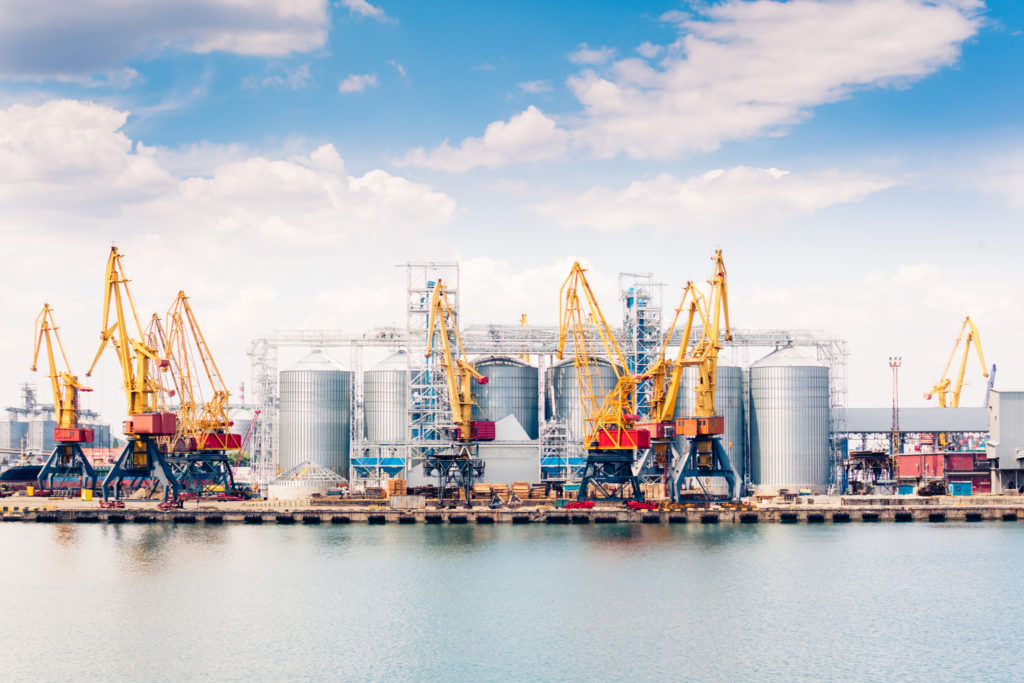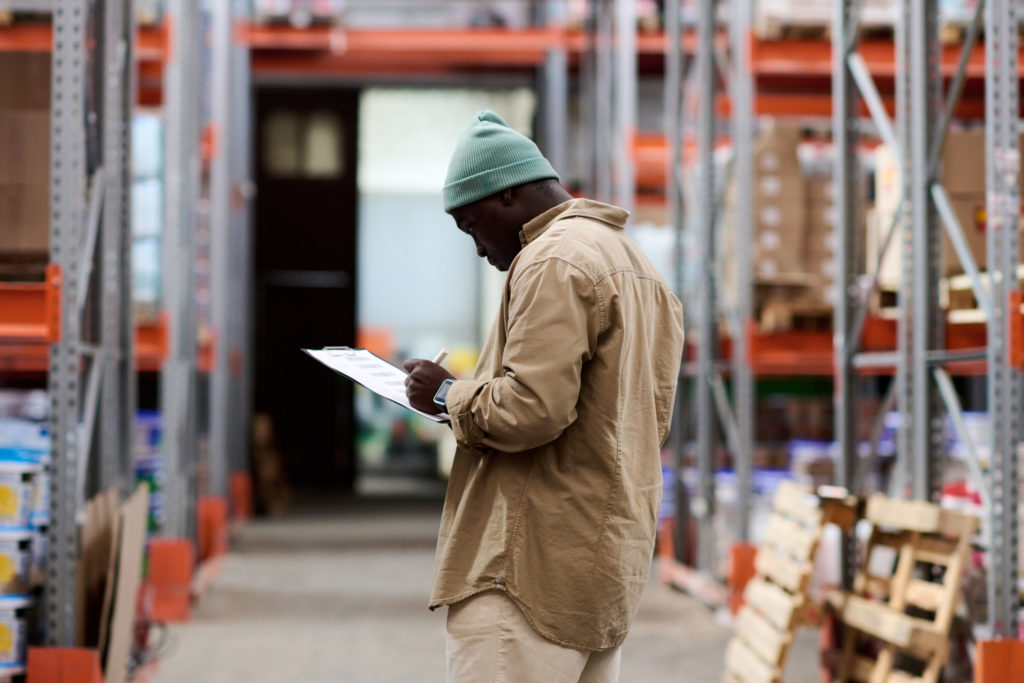It’s a fact: Our world relies heavily on the logistics industry. It supplies the ever-increasing consumer demand for the items, products, and services they use every day to make their life easier and more comfortable. Unfortunately, the logistics industry has one of the largest carbon footprints. However, if more companies implement policies focusing on green logistics, it could reduce the severity of their unavoidable impact on the environment and the natural world.
Below, we’ll break down the fundamental aspects of green logistics within the global supply chain, including its importance, recent data, and real-life examples of sustainability.
What Is Green Logistics?
Green logistics (or eco-logistics) utilizes eco-friendly practices and policies to reduce the negative environmental impact of delivery and logistics operations. For example, companies could switch to using recycled materials for packaging or electric vehicles for transportation and deliveries instead of gasoline- or diesel-powered trucks.
Traditional logistics emphasizes cost-effective operation but places no importance on reducing environmental impact. Green logistics focuses on improving both operational efficiency and sustainability.
Green Logistics vs. Reverse Logistics
Many people assume that green logistics and reverse logistics are the same things. However, there’s a difference between the two.
Reverse logistics occurs when a product moves backward through the supply chain (i.e., returned or recycled items). While some aspects of reverse logistics address environmental impact and carbon footprint, they’re not core objectives.
Sustainable Logistics by the Numbers
Did you know that the transportation industry is one of the largest contributors to greenhouse gas emissions? In fact, in 2021, Canada released over 165 million metric tons of carbon dioxide into the world’s atmosphere. Emission levels have grown continuously in the last decades, with a 30% increase between 1990 and 2021.
The negative effect of product transportation and delivery on our environment is one of the primary reasons why adopting sustainable practices is so important. However, there’s more to it than that. Consumers are placing more importance on the carbon footprint and general policies of the companies they purchase from, including their dedication to sustainability.
According to the EY Future Consumer Index, 64% of consumers will pay more attention to the environmental impact of their actions and the products they use. In addition, 31% agreed they were willing to spend more money on eco-friendly and sustainable goods.
In addition to preventing environmental harm, going green can help companies save money on transportation costs. For example, did you know that one long-haul tractor-trailer will idle for about 1,800 hours in a year, wasting 1,500 gallons of diesel fuel? With unpredictable gas prices, that means a lot of wasted money. Plus, using renewable energy sources like wind or solar power also contributes to cutting costs for utilities and overhead. For large-scale facilities like warehouses, those savings can add up quickly.
Utilizing Green Logistics: Real-Life Practices and Examples
What examples and practices can the warehousing and logistics industries use to implement more sustainable logistics and operations?
1. Going Paperless
One of the easiest ways to address your company’s carbon footprint is by going paperless. The logistics, shipping, and delivery industries generate a lot of paper, whether it’s packing slips, addresses, customer records, sales reports, etc. Not only does all that paper take a toll on the environment, but it also takes up a lot of physical space. Instead, consider going paperless and switching to a single software system that provides cloud-based access to all your company’s data.
2. Using Recycled Materials
Canada is one of the world’s largest contributors to the growing problem of plastic waste. Despite Canada only housing 0.5% of the world’s population, it uses 1.4% of the plastic manufacturers produce. In fact, Canada produces an estimated 3.3 million tonnes of plastic waste every year, and a large portion of that comes from the logistics industry in the form of packaging.
Instead of using new plastic or paper, companies can go green by using recycled materials to package their goods and products before they reach consumers. Even a 50% reduction can make an enormous difference. Even better, take the time to re-design packaging to use less material and space.
3. Using Renewable Energy
The renewable energy sector is an integral part of logistics companies adopting green, eco-friendly practices. Warehouses can install solar panels to harness more clean energy, upgrade old halogen light fixtures to LED, and reduce reliance on fossil fuels by switching to electric or hybrid vehicles.
Electric bikes are an excellent green transportation solution for local deliveries compared to cars or trucks, which produce greenhouse gas emissions. Another option is using wind power, which is becoming more popular. The American grocery chain Aldi installed a wind turbine at one of its warehouses in Illinois, which powers up to 40% of the facility’s energy needs.
4. Optimizing Product Transportation
Has your company ever sent out freight trucks to transport goods that were only partially full? Sometimes, companies need to move small or partial loads of goods but only have full-size tractor-trailers.
Instead of wasting time, space, and money by shipping partial loads, companies can make their supply chain more sustainable by LTL shipping , or less-than-truckload. In addition, companies can also consider “load-pooling” with other fulfillment centers or warehouses, which may also have smaller loads for transport.
By combining loads on the same truck, both companies save money and reduce the impact of fossil fuels on the environment and atmosphere.
Streamline Your Logistics with Encore Deliveries
Companies in the logistics, delivery, and transportation industries cause some of the biggest negative environmental impacts in the world. However, by adapting outdated and inefficient practices and focusing on green logistics, businesses can improve their sustainability and reduce their carbon footprint. At Encore Deliveries, we understand the importance of using eco-friendly and green logistics. For 90 years, we’ve been an industry leader in the delivery and logistics industries, providing end-to-end solutions for a diverse range of companies and sectors. Call Encore Deliveries now at 1(905) 670-7111 to learn more about how our company can help yours drive growth and adapt more sustainable practices.



 Who We Are
Who We Are
 Our Advantages
Our Advantages
 Case Study
Case Study





